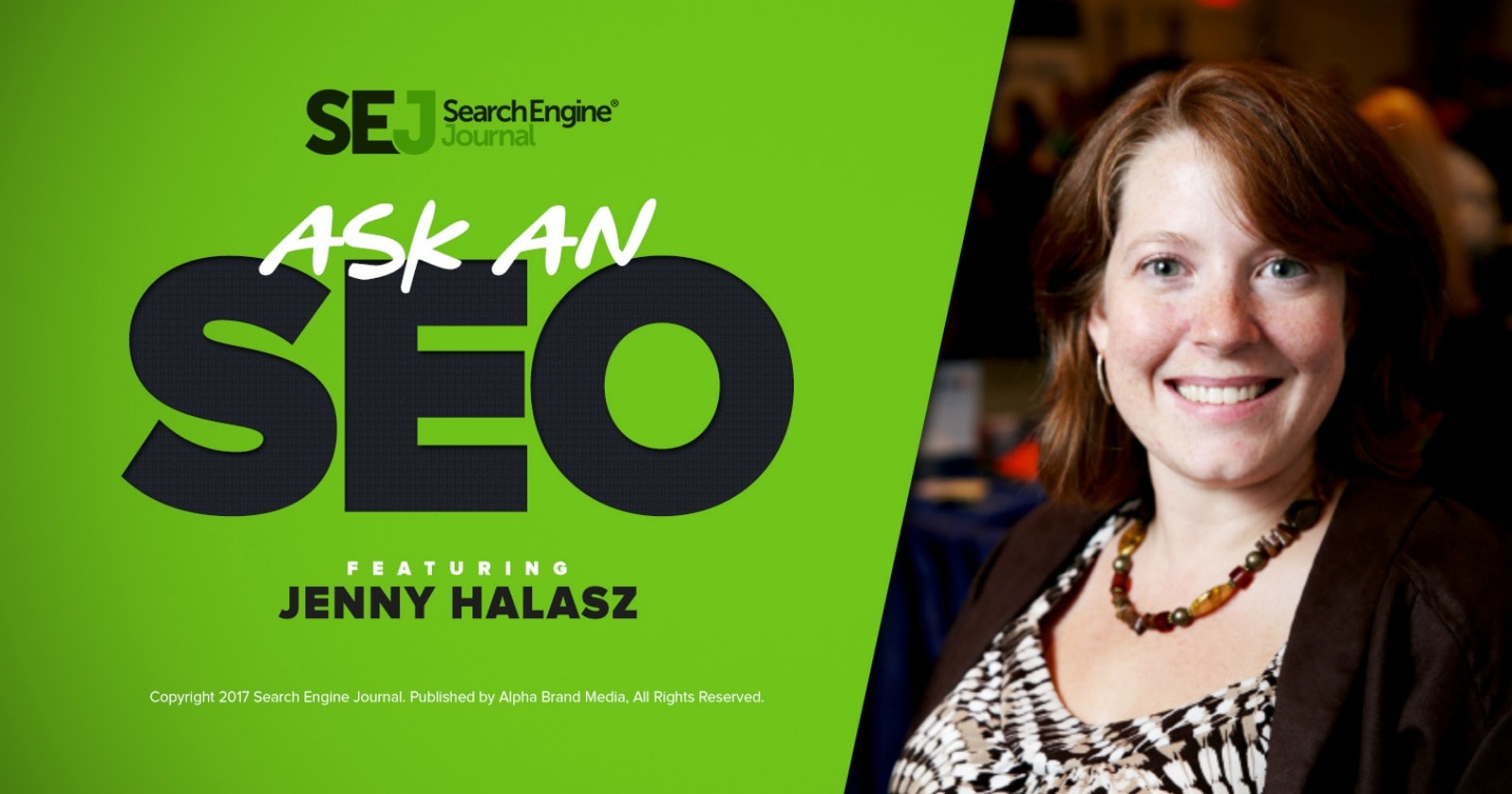Editor’s note: “Ask an SEO” is a weekly column by technical SEO expert Jenny Halasz. Come up with your hardest SEO question and fill out our form. You might see your answer in the next #AskanSEO post!
Today’s Ask an SEO question is from Alex from Fort Lauderdale, Florida. He writes:
In your experience, does Google give more weight to links that appear higher in content? EG, 2nd paragraph of blog post vs. 10th paragraph or lower?
Links Higher in Content = More Weight?
Not necessarily. While Google does index a page through the source code from “top to bottom” and “left to right” based on how the code is written, there is no significant evidence which shows that links at the top of the page are more “weighty” than links at the bottom of the page.
Links are actually indexed somewhat separately; you may have heard Googlers talk about the “link graph.”
When Google indexes a page, before that page even is eligible to be added to the SERPs, Google’s algorithms processes the inbound and outbound links of the page and adds some or all of the outbound links to a crawl scheduler.
In terms of the link itself, we know through testing and parsing Googler’s comments on the issue that links which appear on related pages, in related content and with related keywords in the link anchor text, are somewhat more valuable than links without these elements.
Therefore, it logically follows that regardless of where a link is found on a page, if it has these other elements in its favor, then it’s likely to be a more valuable link.
However, if all things are equal and there are two links on a page that both reference the same topic and have the same set of quality signals, then it’s likely the one that appears first may have slightly higher weight.
Finally, there is some evidence to indicate that if two links to the same destination URL are used on a page, the first one may have slightly higher value than the second one, or the second one may not be “counted” at all.
But does that change how you will use links in content? It shouldn’t.
Links should be used in content when they add value to the reader. That means that for some topics and articles, the link might be higher in the content than in others.
Since the link is valued based on many other factors including how valuable the source content is, pushing a link higher into the content in an unnatural way is more likely to lower the value of the article itself than increase the value of the link.
Have a question about SEO for Jenny? Fill out this form or use #AskAnSEO on social media.
Featured Image: Paulo Bobita





![AI Overviews: We Reverse-Engineered Them So You Don't Have To [+ What You Need To Do Next]](https://www.searchenginejournal.com/wp-content/uploads/2025/04/sidebar1x-455.png)